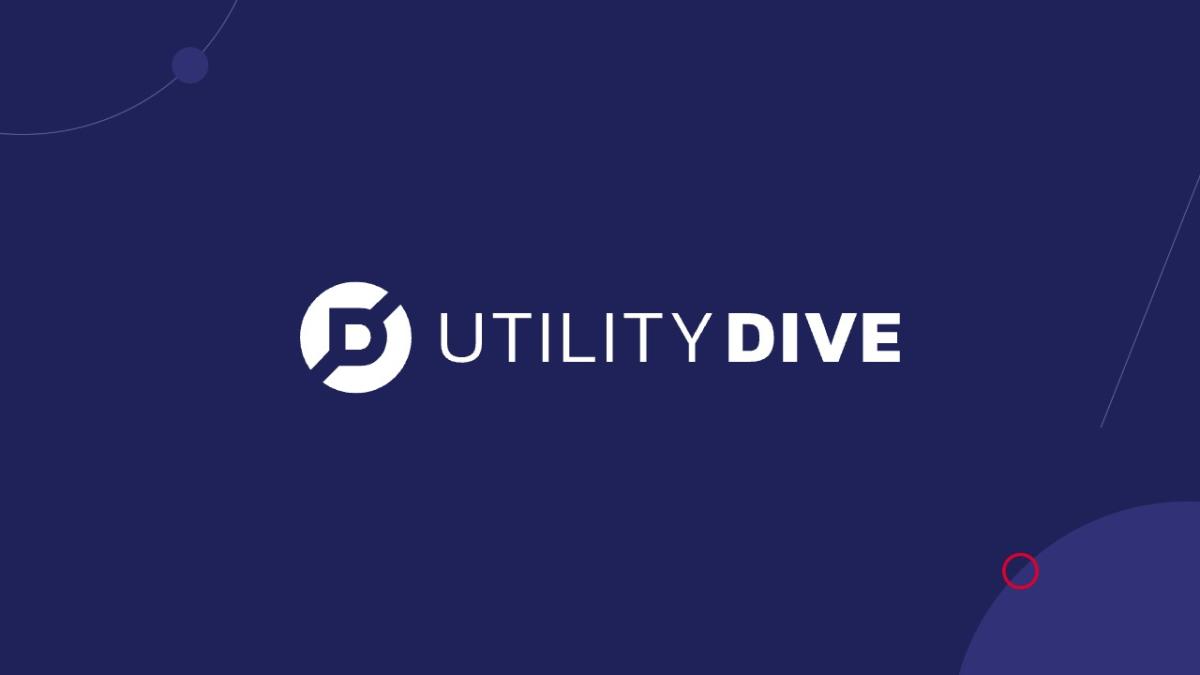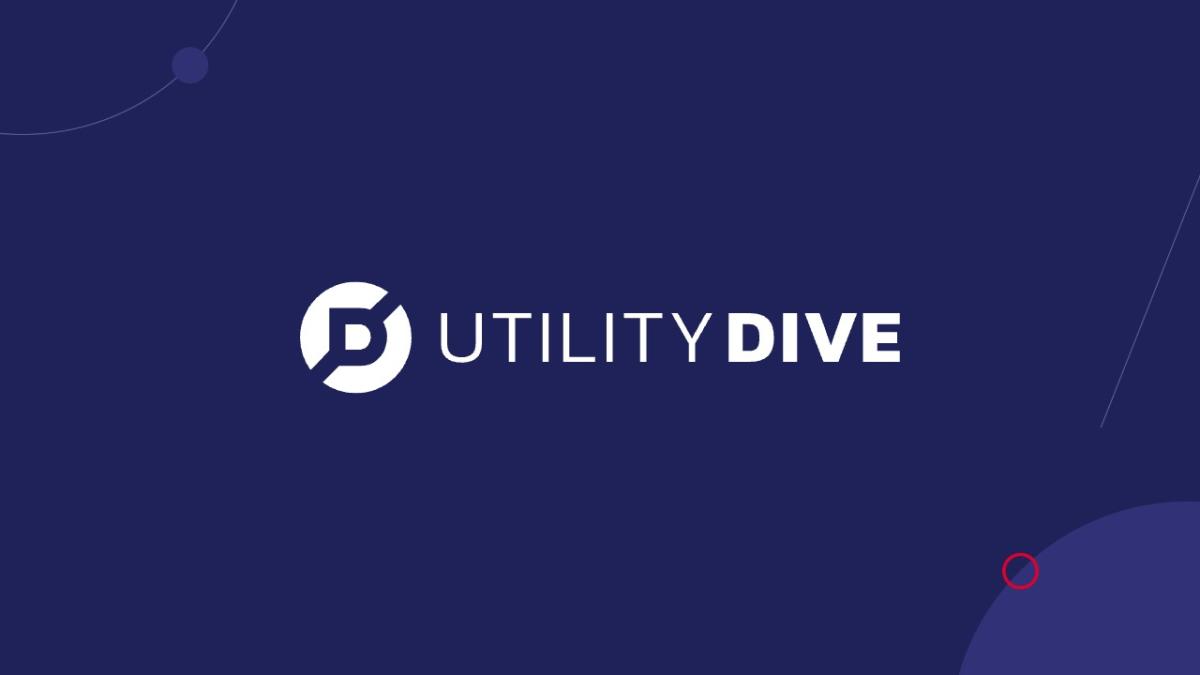
This story was originally published on Utility Dive. To receive daily news and insights, subscribe to our free daily Utility Dive newsletter.
Recommended Reading
-
Oklo has received nonbinding letters of intent to provide up to 750 MW from its Aurora powerhouse reactors to two major data center operators, expanding its project pipeline to approximately 2,100 MW, the advanced reactor company said Wednesday.
-
Separately, Oklo in September finalized an agreement with the U.S. Department of Energy and secured an environmental compliance permit, allowing it to move forward with site characterization for its first reactor deployment, planned for Idaho National Laboratory in late 2027, the company said Thursday in its Q3 2024 investor update.
-
Oklo plans to submit an initial combined license application for its 15-MW microreactor design to the U.S. Nuclear Regulatory Commission next year in support of the INL deployment, followed shortly by subsequent combined license applications for early commercial deployments, CEO Jacob DeWitte said on a Thursday earnings call.
Since Oklo announced its plans to go public in July 2023, the company’s project pipeline has grown from 700 MW to around 2,100 MW, it said in the Q3 investor update.
The two new data center customers have asked not to be identified publicly at this time, Oklo Chief Financial Officer R. Craig Bealmear said Thursday.
In its Q2 2024 investor update, Oklo announced or reiterated agreements or “pre-agreements” to provide 50 MW of power to Diamondback Energy’s oil and gas operations, up to 100 MW of power to data center operator Prometheus Hyperscale (formerly Wyoming Hyperscale) and up to 500 MW of power to data center operator Equinix.
Oklo’s Q3 investor update hinted at additional customer announcements in the near future, citing “numerous commercial customer discussions underway [with] terms being worked prior to Oklo being able to announce.”
Recently announced power purchase deals between Microsoft and Constellation Energy and Amazon Web Services and Talen Energy “have established new price floors for baseload low-carbon power, with some expected at or above $100/MWh,” Oklo said in the investor update.
Oklo expects this pricing to “continue and sustain itself moving forward,” DeWitte said. “We’re getting more clarity on the actual market pricing for nuclear power.”
The Federal Energy Regulatory Commission’s rejection of the Talen-AWS amended interconnection service agreement earlier this month may “really significantly incentivize near-term deployment in sort of an islanded mode behind the meter,” DeWitte said. With a 50-MW reactor design that aligns with the power demand of individual data halls — the smaller units that comprise larger data center campuses — and allows for iterative expansion as data center campuses expand, Oklo could benefit from such a paradigm, he said.
Meanwhile, Oklo’s agreement with DOE in September clears the way for site assessments, environmental surveys and geotechnical studies in preparation for construction on the INL reactor to begin, the company said.
Oklo expects to break ground at INL in 2026, DeWitte said. The company can move forward with construction while the initial application is under review “within the right scope and bounds,” he added.
TerraPower, a Bill Gates-backed advanced reactor company, appears to be taking a similar approach at the Southwestern Wyoming site of the commercial demonstration project for its Natrium reactor design. TerraPower said in June that it has begun non-nuclear construction after submitting its initial construction license application to the NRC in March.
Oklo’s site characterization activities are progressing well at INL because the site is DOE-controlled and “well-understood,” DeWitte said. Oklo does not plan to wait for NRC approval of its initial combined license application before submitting subsequent combined license applications for future reactors, he added.
Unlike many of its competitors, Oklo has a “build, own, operate” business model that avoids customer responsibility for power plant operation and allows for a more streamlined licensing process, DeWitte said. The Accelerating Deployment of Versatile, Advanced Nuclear for Clean Energy Act creates a pathway for 18-month environmental and safety reviews, and “current efforts are working towards a six-month licensing timeline,” Oklo said in its Q3 update.
Also on Thursday, Oklo made two announcements related to its fuel business: DOE’s approval of the conceptual safety design report for its planned Aurora fuel fabrication facility and its proposed $25 million, all-stock acquisition of Atomic Alchemy, a radioisotope producer.
The Atomic Alchemy acquisition would give Oklo exposure to a radioisotope market expected to reach $55.7 billion by 2026 and help shore up a creaky domestic supply chain for isotopes critical in lifesaving medical therapies, national defense and advanced semiconductor production, the company said.
Oklo’s fast fission reactors can run on recycled fuel while producing valuable radioisotopes as byproducts, allowing it to integrate radioisotope production into its fuel recycling process, it said.
That capability could allow Oklo to monetize fission products that would otherwise be discarded, reducing its net operating costs and making its power business more profitable, DeWitte said.
“As we get more and more into the recycling story of the business as we grow, what we’ll be talking about more … is all the revenue models that may exist,” he said.
EMEA Tribune is not involved in this news article, it is taken from our partners and or from the News Agencies. Copyright and Credit go to the News Agencies, email news@emeatribune.com Follow our WhatsApp verified Channel




